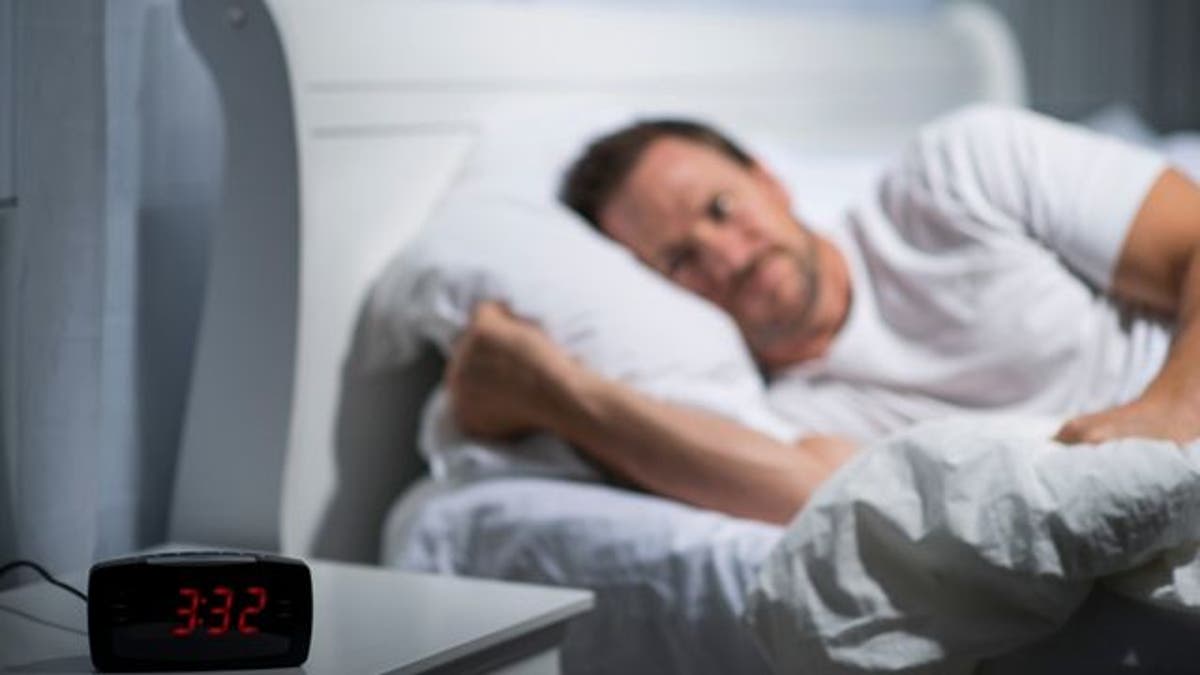
Insomnia may increase risk of stroke, especially for young adults, according to new research published in the American Heart Association journal Stroke.
Using data from the Taiwan National Health Insurance Research Database, researchers reviewed the health records of more than 21,000 people with insomnia and 64,000 non-insomniacs.
They found that insomnia led to a 54 percent increased risk of stroke, as compared to non-insomniacs. Additionally, the incidence of stroke was eight times higher among 18 to 34 year olds with insomnia.
Generally, the prevalence of stroke is higher among individuals over age 50, but that doesn’t mean it won’t happen to young adults, study author Ya-Wen Hsu, an assistant professor at Chia Nan University of Pharmacy and the department of medical research at Chi-Mei Medical Center in Taiwan, told FoxNews.com in an email.
While correlations between sleep problems and cardiovascular-related diseases have been observed in the past, this study was the first to find that insomnia predisposed individuals to an increased risk of stroke. It also found that patterns of insomnia matter— those with persistent insomnia had a higher incidence rate of stroke, compared to participants who were in remission from an insomnia diagnosis.
“What our study adds to the field, is that insomnia should also be considered as one of the risk factors of stroke, especially among young adults,” Hsu said.
Other stroke risk factors include high blood pressure, high cholesterol, heart disease, diabetes, obesity, inactivity, unhealthy diet, overuse of tobacco and/or alcohol and a family history of stroke attacks.
Researchers suggest insomnia may lead to systemic inflammation, impaired glucose tolerance and increased blood pressure, altering cardiovascular health and possibly leading to stroke.
“Despite the fact that insomnia is one of the most common sleep complaints, it is often perceived merely as a symptom of another disease or as a side effect,” Hsu said. “People should pay more attention to monitor their insomnia symptoms and consult with doctors for proper treatment.”








































